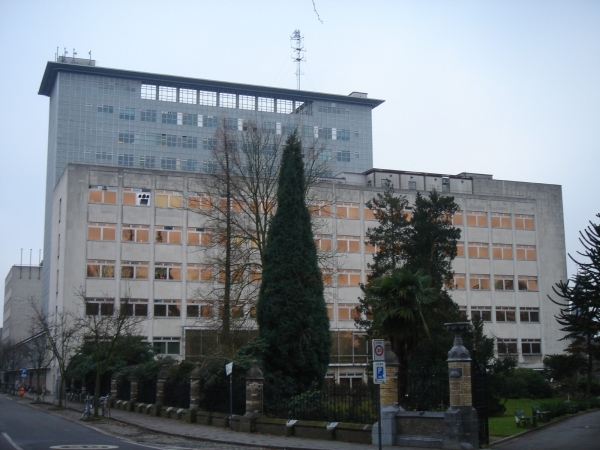https://www.ugent.be/en
Description
Ghent University (UGent) in Belgium was founded in 1817 by King William I of Orange. As a Flemish university, most of UGent’s 230 degree programmes are taught in Dutch, although a few of its graduate degrees are offered in English. With a total of 36,000 students and 9,000 staff, UGent is one of the major research universities in Belgium. Its 11 faculties offer a wide academic portfolio, including courses in every scientific discipline, while its research investment averages around £180million annually. UGent prides itself on being among the leading universities in the world with a global reputation that attracts talented students and teachers. It boasts associations with several Nobel Prize winners, among them Joseph Guislain, Walter Fiers, Marc Van Montagu and Peter Piot. While its alumni include such notables as Robert Cailliau, who collaborated with Tim Berners-Lee in developing the internet, and the astronaut Dirk Frimout. The university’s main campus is located close to the city centre. It also has a campus by the sea in Ostend, home to the GreenBridge incubation and innovation center that provides facilities for start-up technology companies, and conducts sustainability research into seas and oceans. UGent was also the first university in Europe to be accepted as part of the Songdo Global University Campus (SGUC) in Incheon, South Korea, where it provides three bachelor's programmes in molecular biotechnology, environmental technology and food technology to domestic and international students, alongside the 10 other universities it shares a campus with. Students who live in Ghent can expect to be surrounded by beautiful architecture, unique street art and a large number of pubs, clubs and restaurants. Good transport links exist throughout the city and Ghent has excellent links to the rest of Belgium by train. Much of Ghent is also navigable by bicycle, which is the most popular mode of transport for students.
Specific details
Location
Sint-Pietersnieuwstraat, B - 9000 Ghent, Belgium


